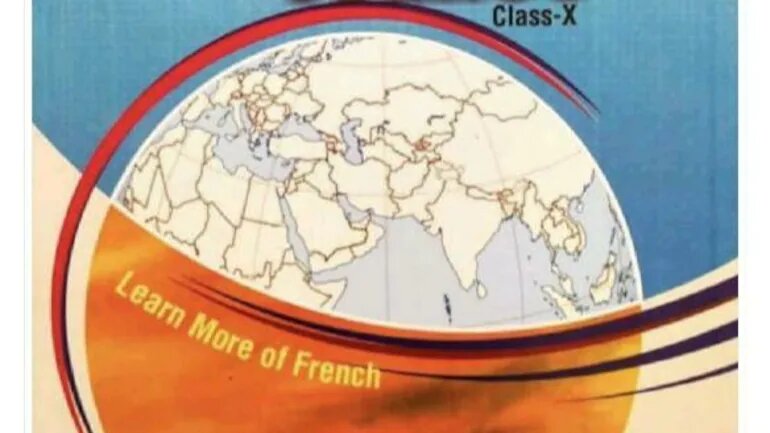
India Today, on Monday, reported a controversy which started brewing “when a Twitter handle posted the cover page of a CBSE Class 10 French textbook which showed Jammu Kashmir excluded from India.”
The report quoted a Twitter handle ‘Legal Rights Observatory- LRO’ or @LegalLro, which “claims to be an NGO which carries out legal activism in national interest and has over 47,000 followers.”
“Hey @cbseindia29 is this true? Don’t U recognize Jammu n Kashmir as integral part of India? Or you still have leftist gang holding tight control over school book section? U r touching new heights- from Gender Confusion in kids to JK Separatism! Amazing,” the tweet quoted in the report said.
The tweet also went on to tag Union Education Minister Dharmendra Pradhan and the Indian Home Minister Amit Shah.
On being asked about the textbook controversy, the report quoted a CBSE official, who clarified on behalf of the CBSE team that the cover was from an outdated edition of the French textbook.
“The cover page of the Class 10 French textbook which inadvertently shows a wrong map is from an earlier phased-out edition from 2014 of the textbook. The revised version is available on the CBSE website,” the official said, as per the report.
However, the report also mentioned how the NCERT books had been in the headlines recently in June “because of a major syllabus revamp or ‘syllabus rationalisation.'”
NCERT dropped several topics from textbooks of Classes 6 to 12 in “an effort to rationalise the syllabus” for the academic session 2022-23 to ease the load on students because of the Covid-19 disruption in the last two years, the report said.
It also mentioned that the references to the 2022 Gujarat Riots, the Cold War, and Mughal courts were dropped from the Class 12 textbook. The syllabus rationalisation process was started off in December 2021 and the process was completed in June with a team of subject experts, stated the report.
It mentioned how “small and large sections and entire chapters were removed on a variety of topics spanning from facets of politics to climate and environment to psychology and socialism.”




